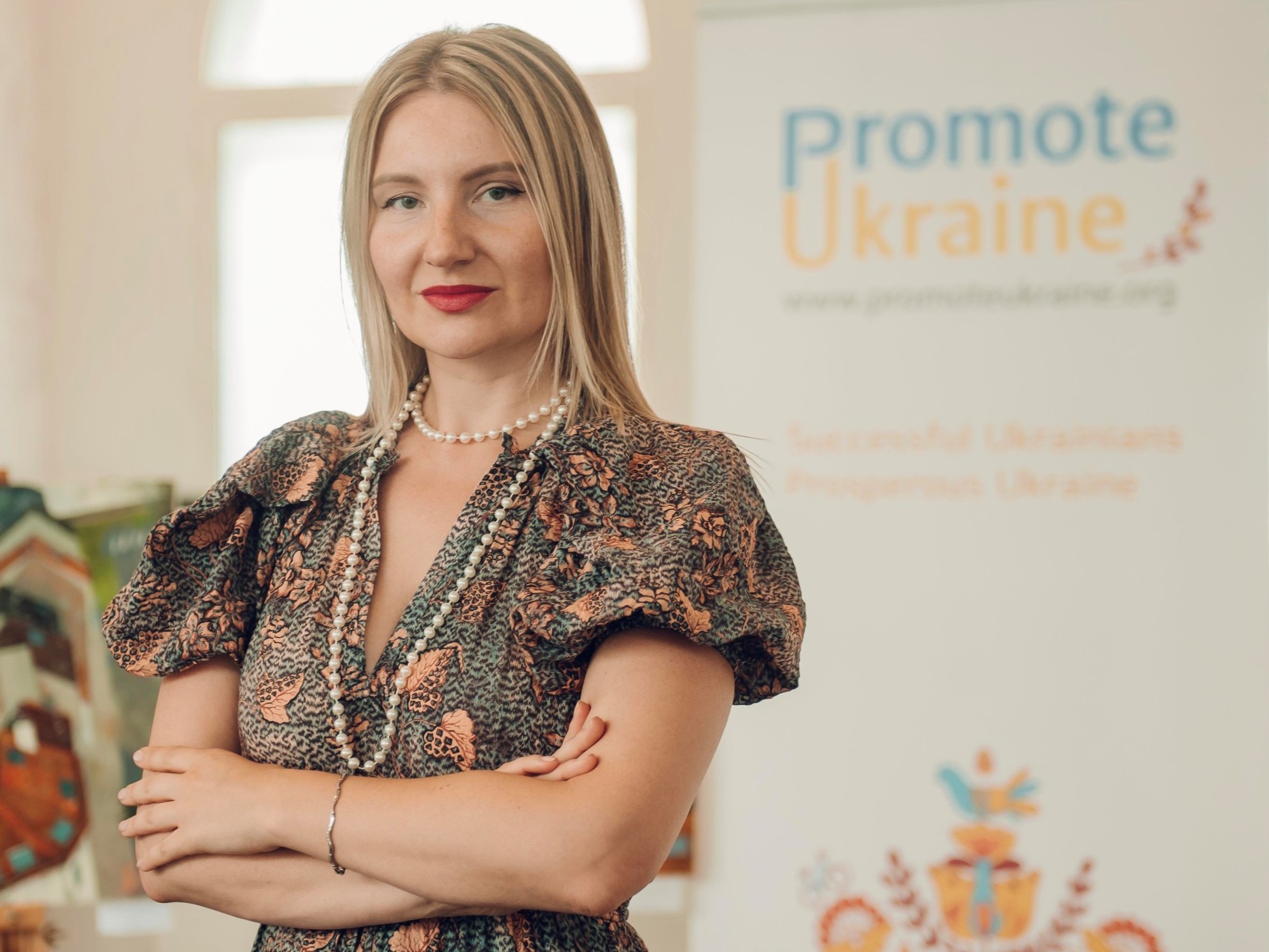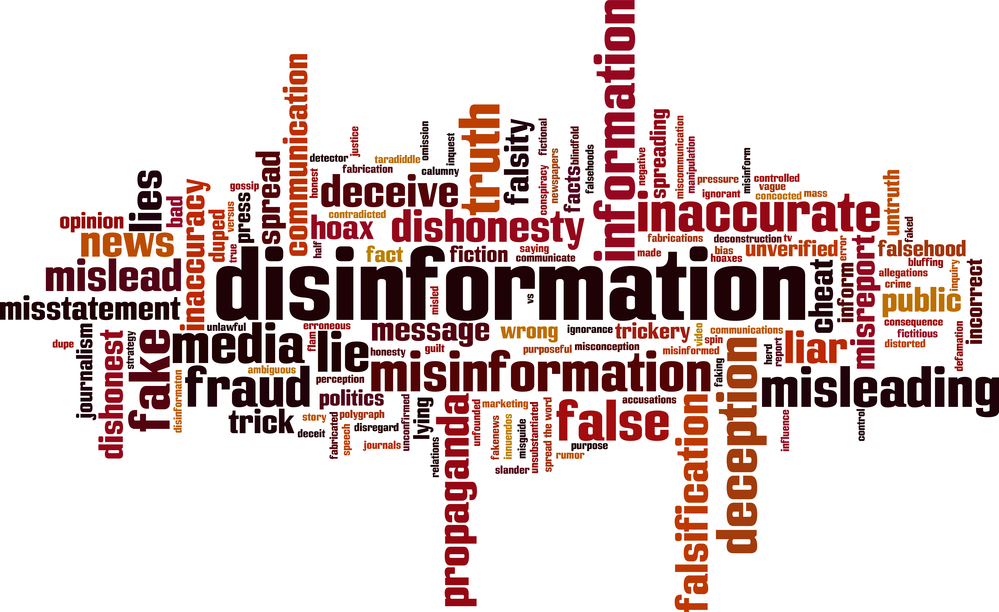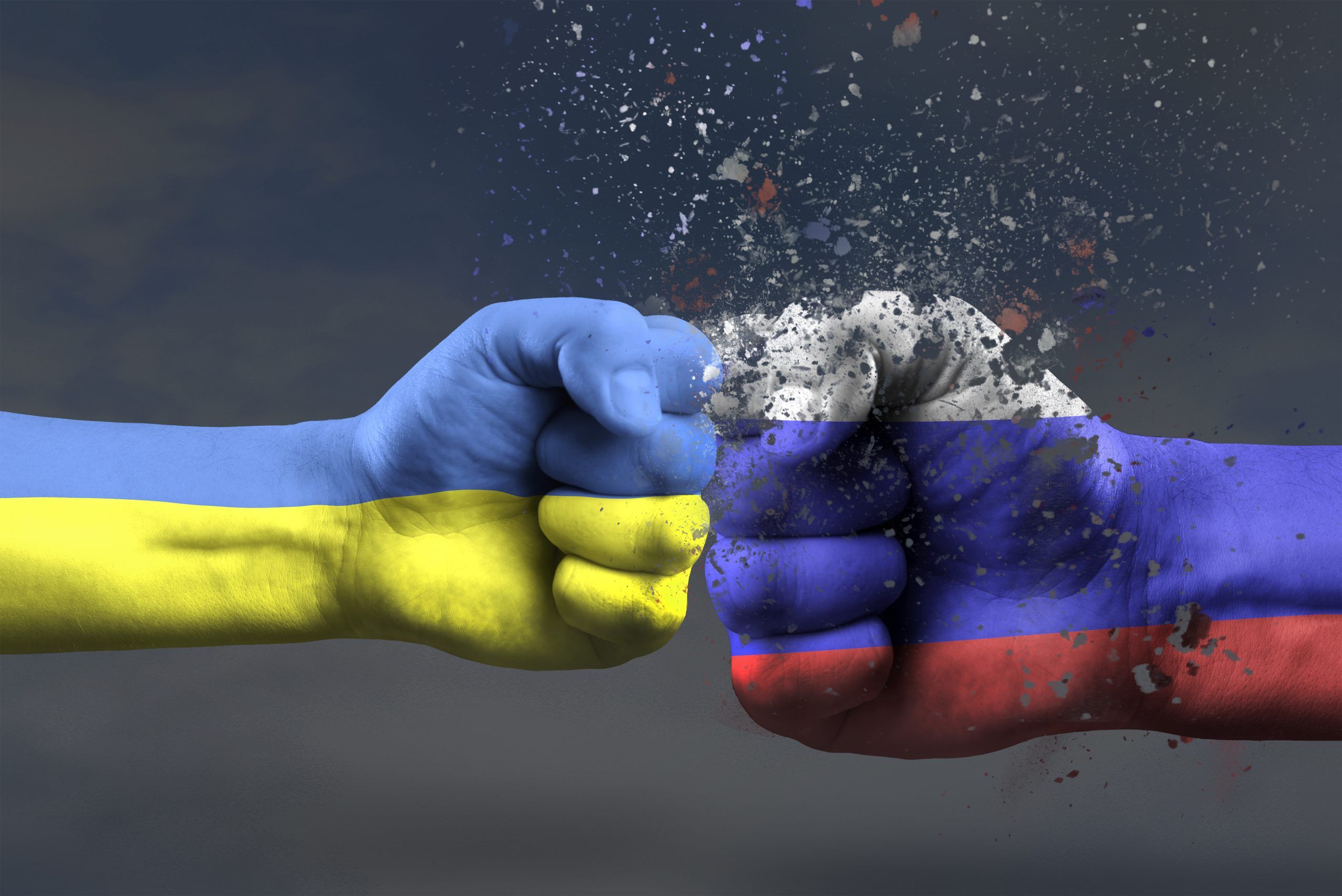A report from the EU diplomatic service claims that Russian media is deploying a significant disinformation campaign, trying to deepen the panic regarding the coronavirus and increase distrust.
The document prepared by the European Diplomatic Service states that Russia promoted fake news on the Internet in English, Spanish, Italian, German and French, using contradictory, confusing and harmful information to deepen the crisis in the Western healthcare system in as part of the Kremlin’s broad strategy to undermine European societies.
Since January 22, about 80 cases of misinformation about coronavirus have been recorded, the document says, dated March 16, and the campaign conducted by Russian state-owned media and pro-Kremlin publications continues.
For example, fake news has been spread that the virus is a human creation, weaponized by the West and drew parallels between the 19th-century opium wars and coronavirus, stating that “unnamed international organizations” wanting to control Chinese internal affairs. Another example is the website Ria Fan claiming that “false panic” about the virus is beneficial in making a profit for the pharmaceutical industry. Some claims are even more dangerous. For instance, one prominent YouTuber promoted the false information that there is a supplement that can cure the virus but is, in fact, highly poisonous.
It was found that pro-Kremlin media are using a specific tactic to implement fake news. Instead of creating disinformation themselves, Russian sources are taking theories and disinformation that originated in other countries and amplified them in their own outlets. Like this, they can avoid being accused of authoring fake news, saying instead that they were only reporting what other sources claimed.
A spokesman for Russian President Dmitry Peskov called the allegations unfounded, and Vladimir Putin has accused foreign media of targeting Russia with fake news regarding COVID-19.
The Russian disinformation campaign has not been successful in reaching the broader public, but rather polarizes the debate and provides a foundation for anti-EU populists.
On Wednesday, March 17, the police turned to Ukrainians with a request not to trust the rumors and receive information only from trusted sources.






 UA
UA FR
FR DE
DE


